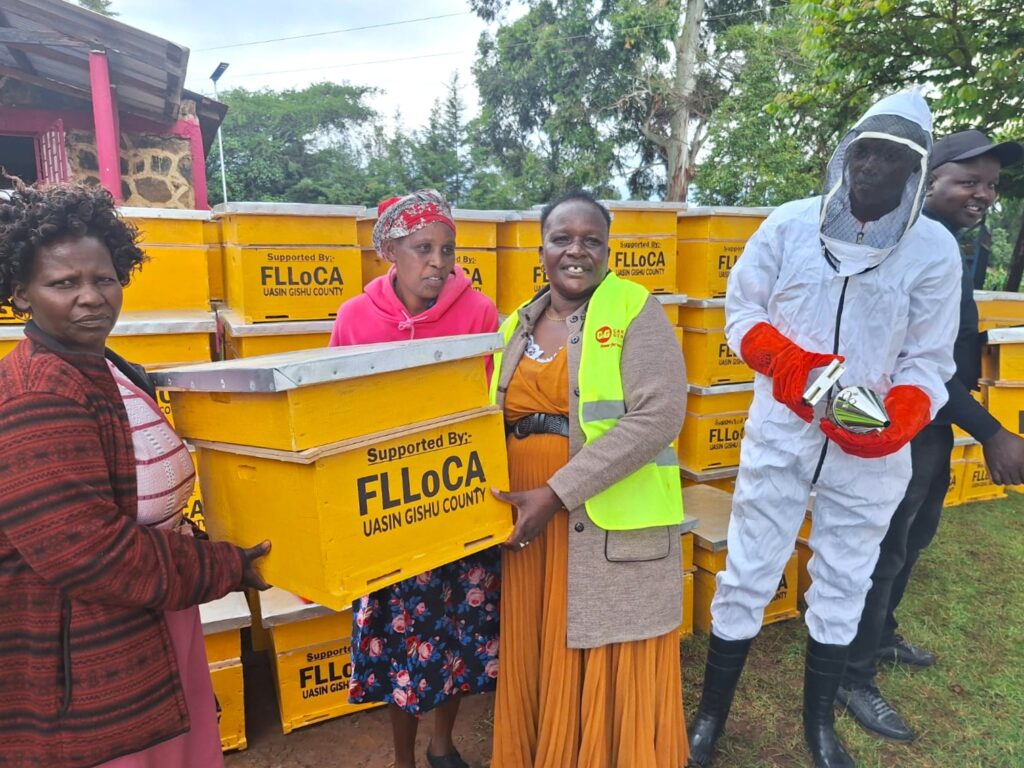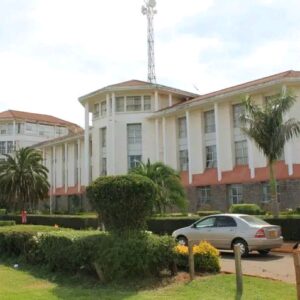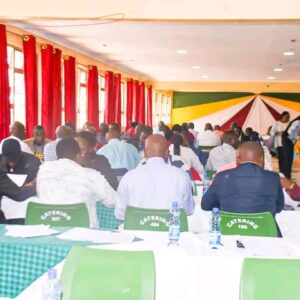Beekeeping is gaining traction in Uasin Gishu County as more than 10,000 farmers diversify from maize cultivation to embrace alternative, high-value ventures like apiculture, county officials announced, July 22.
The shift responds to changing agricultural trends, rising honey demand, and greater environmental awareness, officials said.
The transformation was underscored by a milestone in Kipsomba ward, where the Financing Locally-Led Climate Action (FLLoCA) Programme distributed 220 beehives and 22 harvesting kits to area cooperatives. The initiative aims to promote sustainable livelihoods while supporting climate-smart practices.
“I urge all beneficiaries to take this opportunity seriously and maximize the benefits of beekeeping as a livelihood venture. Honey production is not only profitable but also environmentally friendly,” said Uasin Gishu County Assembly Member Mary Goreti.
The project supports Governor Jonathan Bii’s broader strategy to reorient agriculture toward high-value crops. Last month, Bii distributed more than 1 million coffee seedlings to farmers.
“We target to have many of our farmers embrace diversification so that they earn more from their farms,” Bii said.
Additional empowerment programs were also announced at the event. Goreti said youth and community groups received motorcycles, tents, chairs, and incubators to support boda boda cooperatives and youth-led enterprises.
Christopher Mbevi, the Climate Change Unit officer for Soy subcounty, emphasized bees’ ecological importance. “Bees are not just honey producers. They are vital pollinators that contribute significantly to biodiversity, food security, and climate resilience,” Mbevi said.
He was joined by Soy Water Engineer Benadys Chelagat and Senior Design Engineer Henry Kendagor at the Mobet Dam site to inspect infrastructure improvements, including a new spillway, gabions, and upgraded roads.
Residents welcomed the twin focus on apiculture and infrastructure, viewing the FLLoCA initiative as a model for community-based climate adaptation and inclusive growth. The program aligns with Kenya’s national strategy for resilient, sustainable agriculture.















